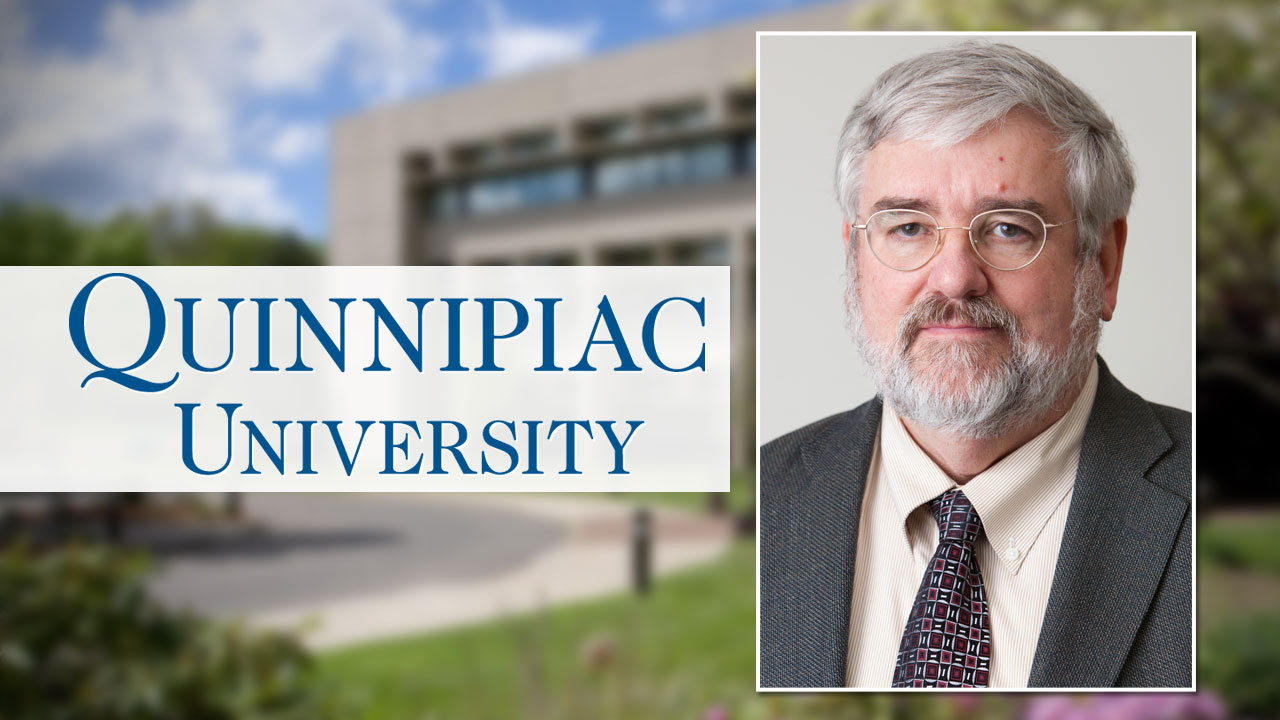[box]William Paulsen, director of the anesthesiologist assistant program and professor of biomedical sciences in the School of Health Sciences at Quinnipiac.[/box]
Quinnipiac University has launched an anesthesiologist assistant program, which will begin this summer. The new master of health science program was recently approved by the Advisory Committee on Accreditation (ACA) of the Office of Financial and Academic Affairs for Higher Education and the state Board of Education.
Anesthesiologist assistants are members of the anesthesia care team supervised by an anesthesiologist who may have responsibility for as many as four operating rooms, each with an anesthetist caring for a patient.
Anesthesiologist assistants participate in the provision of all types of anesthesia including administering drugs; obtaining vascular access; applying and interpreting monitors; establishing and maintaining airways; and assisting with preoperative assessment.
“The safest way to deliver anesthesia is through a care team. An extra pair of hands is a benefit and increases safety for patients,” explained William Paulsen, director of the anesthesiologist assistant program and professor of biomedical sciences in the School of Health Sciences at Quinnipiac. Paulsen is a member of the board of directors and the executive committee of the Anesthesia Patient Safety Foundation (APSF).
“In order to be successful at this, students are taught a lot of pharmacology, physiology and patient monitoring to understand what is going on in the body,” Paulsen said. “They will have to know how to react very quickly.”
The program is completed over 27 months with classroom, laboratory, skills laboratory, simulation and proctored clinical experience.
“I think with the facilities and the people that are here in conjunction with the medical school, we are going to produce the flagship anesthesiologist assistant program,” Paulsen said.
Paulsen helped to design space for the program on Quinnipiac’s North Haven Campus, including two fully functioning operating rooms and an anesthesiology learning laboratory. The anesthesiologist assistant program will be housed in the same facility as the Frank H. Netter MD School of Medicine, which is currently under renovation. The medical school received preliminary accreditation from the Liaison Committee on Medical Education and approval from the Connecticut State Board of Education in October 2012. The school is recruiting its first class for Fall 2013. Renovations on the shared facility will be complete in time for the anesthesiologist assistant program’s start date in May.
“We are giving them the tools and knowledge they will need to go out and work with patients in an operating room,” Paulsen said. “The opportunities here to serve New England and the other states throughout the country are important to the profession.”
While Connecticut does not permit the licensing or practice of anesthesiologist assistants in the state, the need for AAs is strong. “There’s a great demand for AAs across the country,” Paulsen said.
Students will complete clinical requirements of the program outside of Connecticut. The first graduates are expected with a master’s in health sciences in 2015.
Quinnipiac will be the only college or university in the country that has an anesthesiologist assistant, pathologists’ assistant and radiologist assistant programs as well as a generalist physician assistant program, Paulsen said. In addition, the 96-credit program will be one of just eight AA programs in the country, and the only one in the Northeast.
